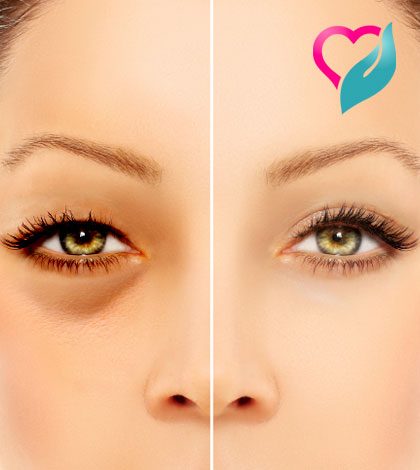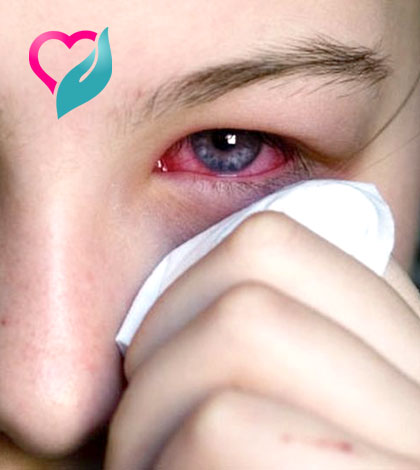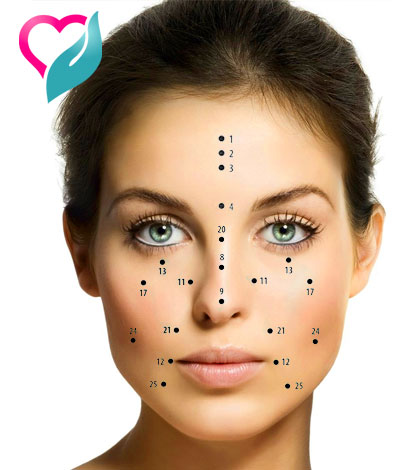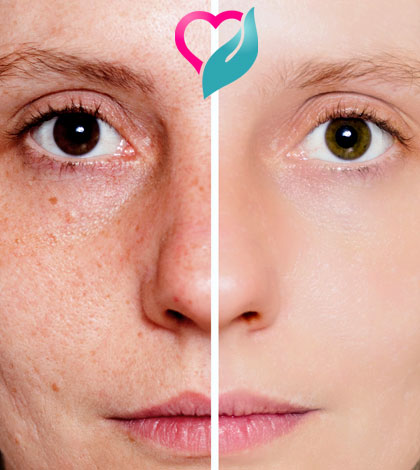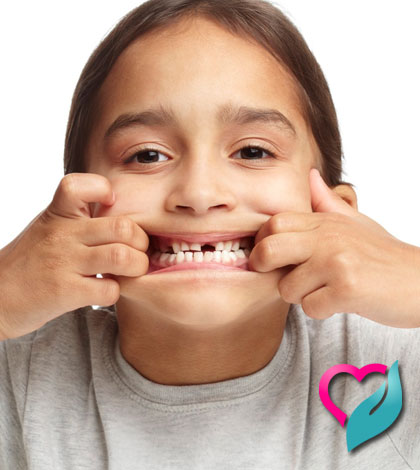Is there a link between eye color and alcoholism?
[wp_ad_camp_1]
"Yes", according to a group of researchers at the University of Vermont, Burlington. Their study published in the "American Journal of Medical Genetics: Part B Neuropsychiatric Genetics" reports that there is indeed a link between eye color and alcoholism and that too genetic in nature.
A study carried out on European-Americans which included people with alcohol dependence and non-dependence showed people with light-colored eyes that included blue, gray, and light-brown had the highest alcohol dependency rate than people with dark-brown eyes.
[wp_ad_camp_4]
The study showed people with blue eyes were more alcohol dependent, nearly 70-80%. People with dark-brown eyes were the least in the order. "We are still unsure of the reason" says Dawei Li, a researcher at the University of Vermont.
A genetic analysis to confirm the association between eye color and alcohol dependence also proved that the genetic components responsible for eye color matched with the genetic components that is responsible for increasing a person's risk for alcohol dependency.
[wp_ad_camp_2]
A similar study carried out in 2000, much before this new study, on a group of female with dark-brown eyes and light-brown eyes also had proved that women with blue eyes were highly prone to alcohol dependency than their counterparts with dark-brown eyes.
Arvis Sulovari, a researcher at the University of Vermot, said "this suggests an intriguing possibility – that eye color can be useful for alcohol dependence diagnosis."
Gill Atzmon, an associate professor at the Albert Einstein College of Medicine, New York, had a different view on this finding. He opined that there were a few shortcomings in this study. According to him, the researchers at the University of Vermont had taken into consideration the age and gender of the people to observe if they played a role in people's risk for alcohol dependency, but overlooked other factors like financial stability, stress factors, or mental health. Depression a major cause for binge drinking and increased alcohol dependency was also overlooked by the researchers at the University of Vermont.
[wp_ad_camp_3]
Image courtesy: taopic.com , evoke.ie , socialassassin.wordpress.com




